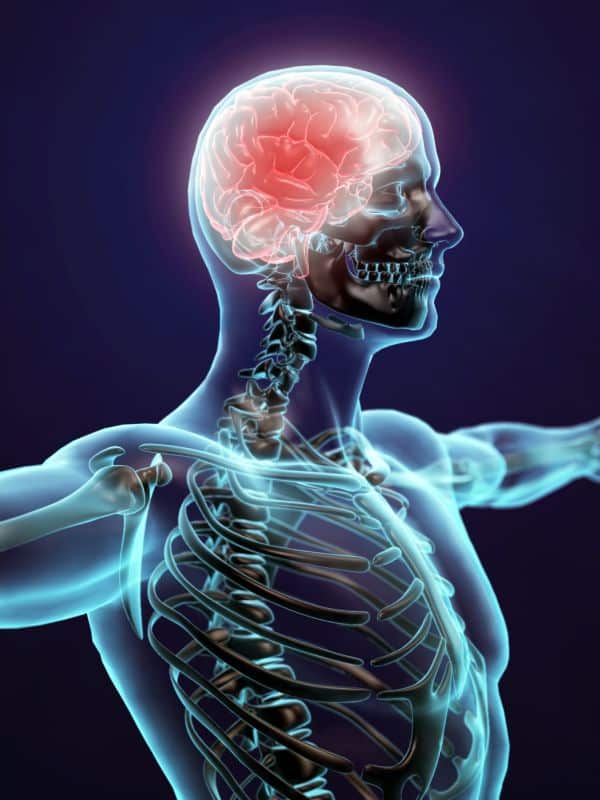Consciousness is a fascinating and elusive phenomenon that has puzzled scientists, philosophers, and theologians for centuries. It refers to our subjective experience of the world, our thoughts, feelings, and perceptions, and is considered to be the most intimate and essential aspect of our existence.
Despite its importance, consciousness remains a mystery, and its nature and origins are still debated by scholars from various disciplines. In this essay, we will explore the concept of consciousness, its various dimensions, and the current scientific understanding of how it arises in the brain.
To begin with, consciousness is often defined as the quality of being aware of one’s surroundings, sensations, and mental states. It actively encompasses a variety of subjective experiences, including perception, thought, emotion, and self-awareness, and actively characterizes a sense of unity and continuity over time.
Viewing consciousness as a dynamic process involves integrating sensory information, memory, attention, and other cognitive functions.

One of the most intriguing aspects of consciousness is its subjective nature. Although we share similar sensory organs and brain structures, each of us has a unique world experience shaped by our individual histories, cultures, and personalities.
This subjective quality of consciousness has led some philosophers to argue that it is fundamentally different from the objective, physical world that we observe and study through science.
Despite this apparent dichotomy between subjective and objective reality, scientists have made significant progress in understanding how arises in the brain.
One of the leading theories is that consciousness arises from the coordinated activity of large-scale neural networks. A “global workspace” that integrates and broadcast information from different parts of the brain.
According to this theory, different sensory modalities and cognitive processes, such as perception, attention, memory, and emotion. Still, their integration into a unified experience requires the activation of a distributed network that spans the entire brain.
Neural firing, synaptic plasticity, and neurochemical signaling actively engage in a complex interplay within this global workspace. Both internal and external factors, such as attention, intention, and context, actively influence it.
Another influential theory is the integrated information theory (IIT). Proposes that consciousness arises from the degree of information integration within a system.
This theory proposes that any system possessing a high degree of causal interaction between its elements actively possesses consciousness as a fundamental property, and the amount and complexity of the integrated information actively determine the quality.
According to IIT, consciousness is not only present in humans and animals but also in any system that has sufficient informational complexity, such as computers or even subatomic particles.
This theory offers a novel perspective on the nature of consciousness. It is a fundamental property of the universe, rather than an emergent property of the brain.
Despite these promising theories, the study of consciousness remains a challenging field. It involves subjective and often elusive phenomena that are difficult to quantify and measure.
Scientists have employed various methods to study, including neuroimaging, electrophysiology, and behavioral experiments. None of these methods provides a definitive solution to the problem.
Some researchers argue that the study of consciousness requires a multidisciplinary approach that integrates various perspectives.
This approach may involve the development of new theories and methods that incorporate both objective and subjective aspects of consciousness. The exploration of novel technologies, such as brain-computer interfaces and virtual reality, can enhance our understanding.
Conclusion
Consciousness is a fundamental aspect of our existence that enables us to experience the world. Our thoughts, and our emotions in a subjective and integrated way.
While the nature and origins of consciousness remain elusive. Recent scientific discoveries have shed light on the neural mechanisms that underlie this phenomenon.
The global workspace theory and the integrated information theory are two prominent theories that propose how arises. The coordinated activity of distributed neural networks or the degree of information integration within a system, respectively. 카지노사이트
However, the study of consciousness remains a challenging field that requires a multidisciplinary approach and the integration of various perspectives.
Future research may involve the development of novel theories and technologies that can enhance our understanding of consciousness. Ultimately, a better experience may have profound implications for our understanding of ourselves.
